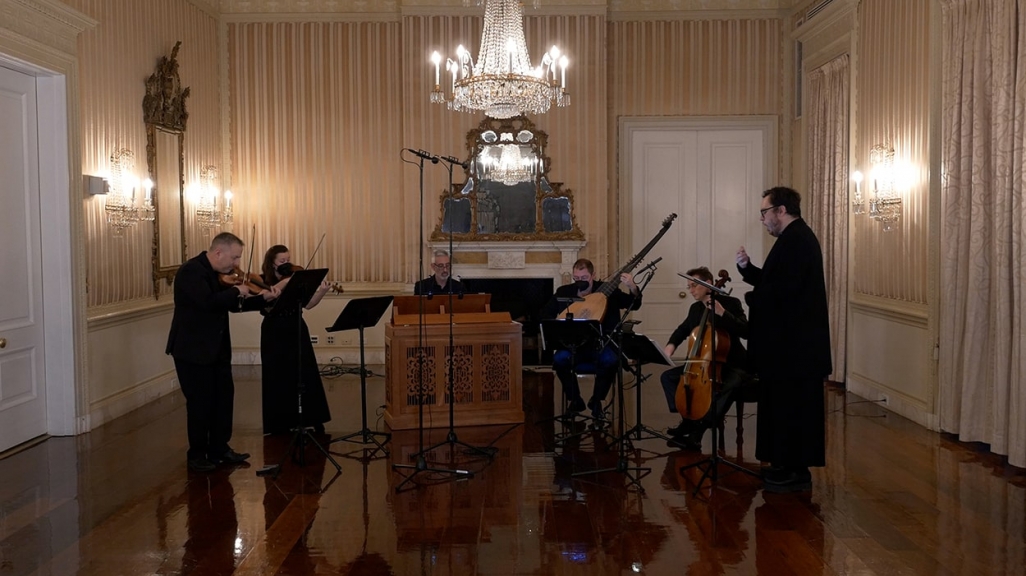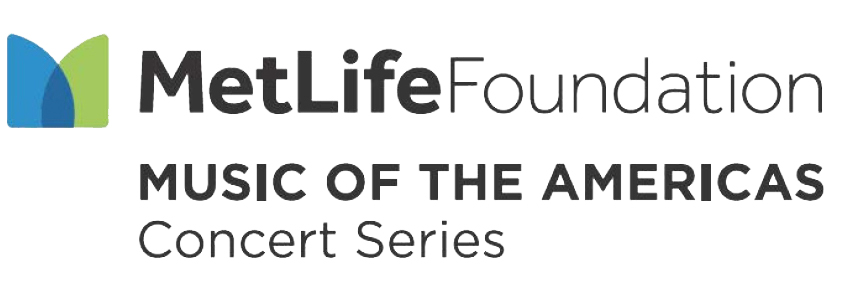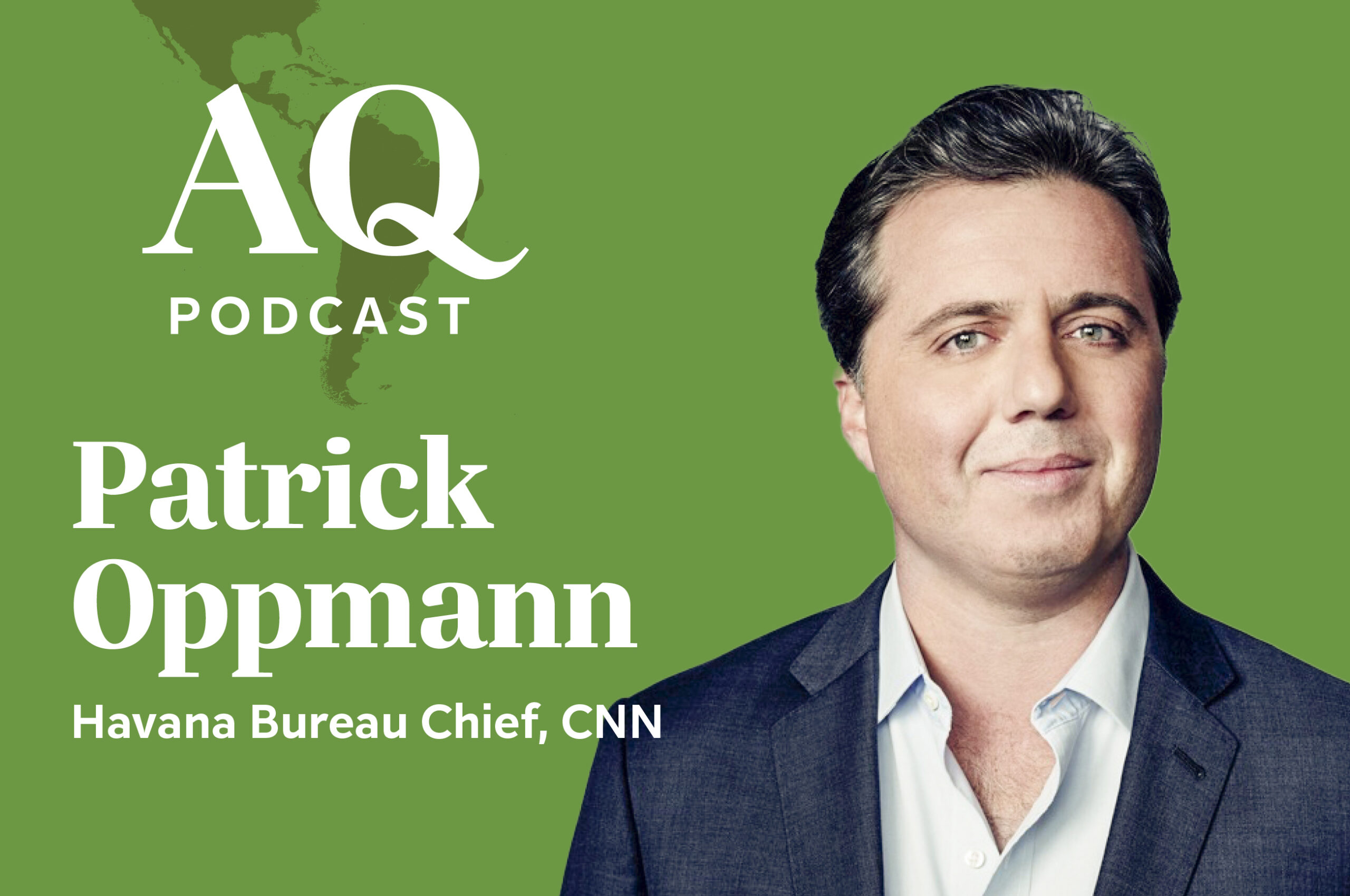Music of the Americas: Early Music Old and New
Music of the Americas: Early Music Old and New
This week includes the first concert of 2022, recorded in our hall in February, Recuerdos of early music performances from previous seasons, and a live new music concert by Ekmeles in New York.
This hybrid week includes the first virtual concert of 2022, with Canadian Indigenous baritone Jonathon Adams in baroque German repertoire and a live concert by vocal ensemble Ekmeles at the Church of St. Ignatius of Antioch in New York.
Recuerdos features a series of early Latin American choral music videos that we dug up from our archives for our friends of Voices of Ascension in 2021. The videos include Ars Longa de La Habana in their second New York performance in 2019, Bolivian ensemble Arakaendar conducted by Ashley Solomon, and one video of our own vocal ensemble, Meridionalis, in concert in New York with Clarion conducted by Steven Fox.
En Casa will be back in March.











